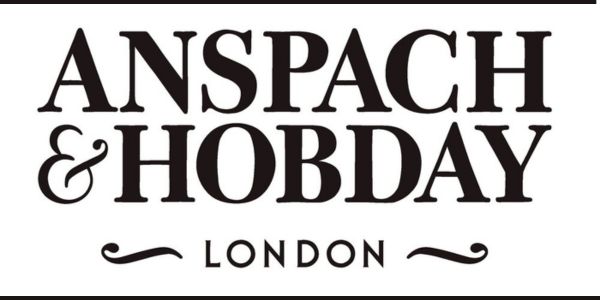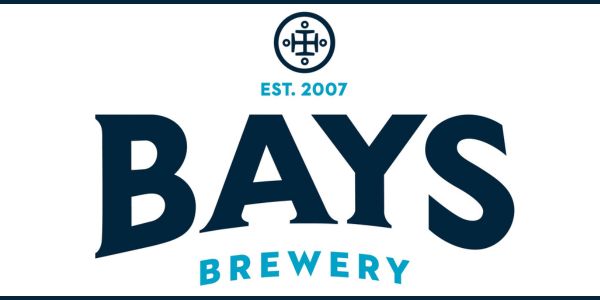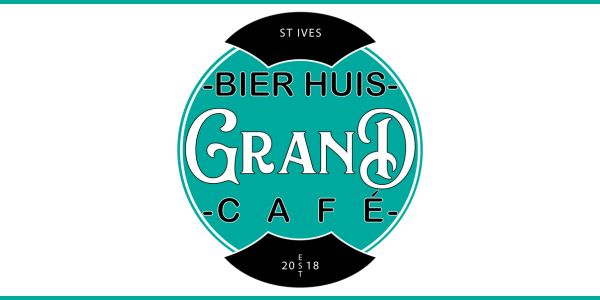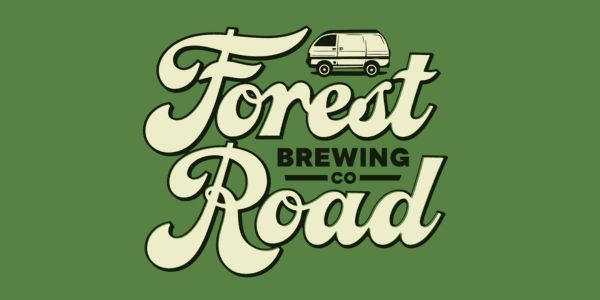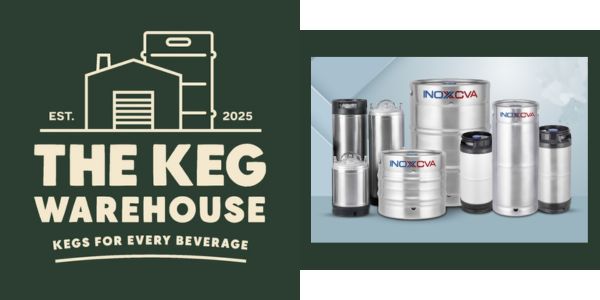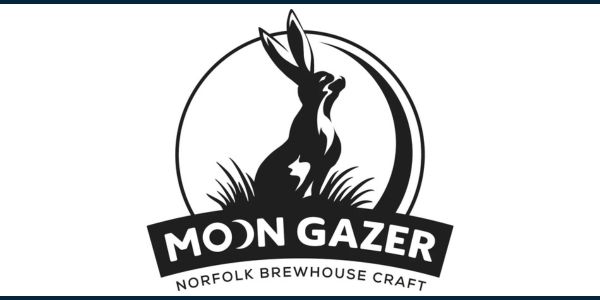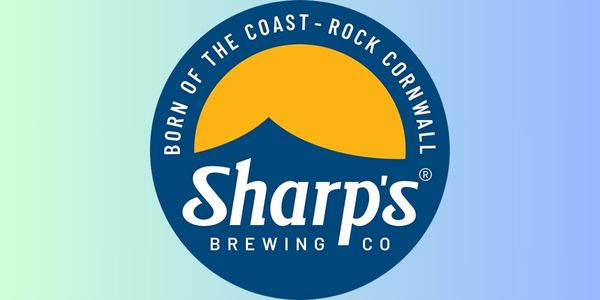The British Beer & Pub Association is calling for a change in no-/low-alcohol definitions, saying many supermarket staples contain more alcohol than no-alcohol beer.
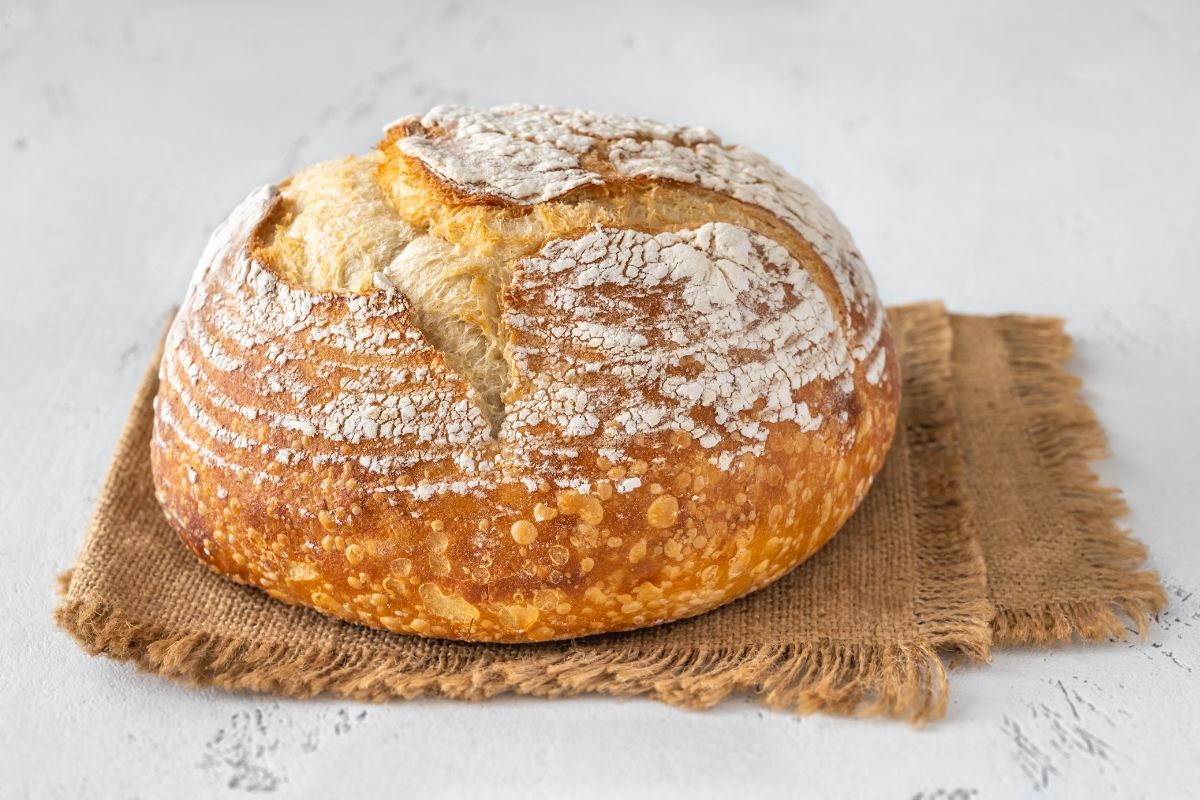
Levels of up to 1.2g of alcohol per 100g have been found in bread
The trade body says a slight change in the threshold to 0.5% ABV would lead to brewers being able to create many more no-/low-alcohol beers, which would help people choose moderation if they want to.
Currently, ‘alcohol-free’ beer in the UK must be 0.05% ABV or below. Non-alcoholic beer from many other European nations and international markets can be up to 0.5% ABV.
Brewers across the UK are investing a huge amount of time and money in creating innovative products, and 86% of pubs now stock no/low options. On top of this, 8% of pubs are serving a no/low option on draught, proving how the industry is helping public health goals and helping pubs be even more inclusive.
However, given the lack of a level playing field, British brewers are effectively penalised — even in the UK — says the BBPA as they cannot compete with European brewers who have greater freedom to make no/low beer.
And the BBPA has pointed out that many non-brewed products contain more alcohol than a 0.05% ABV beer.
This was acknowledged in the previous government’s evidence review, published alongside their consultation on no/low definitions. The then government recognised that foods such as bread, fruit juice, and yoghurt can all contain a level of alcohol that is undeclared and does not need to be labelled or indeed is a cause for concern.
Specifically, their evidence found levels of up to 1.2g of alcohol per 100g of bread, and 0.77g of alcohol per litre of fruit juice. The government also highlighted that an individual would need to drink eight pints of 0.5% ABV in an hour to reach the same blood alcohol content as if they consumed one 4% ABV pint of beer.
“It couldn’t be clearer that British brewers want to create more no/low options and cater to booming demand, but are at a distinct disadvantage when compared to international neighbours,” said Emma McClarkin, chief executive of the BBPA.

